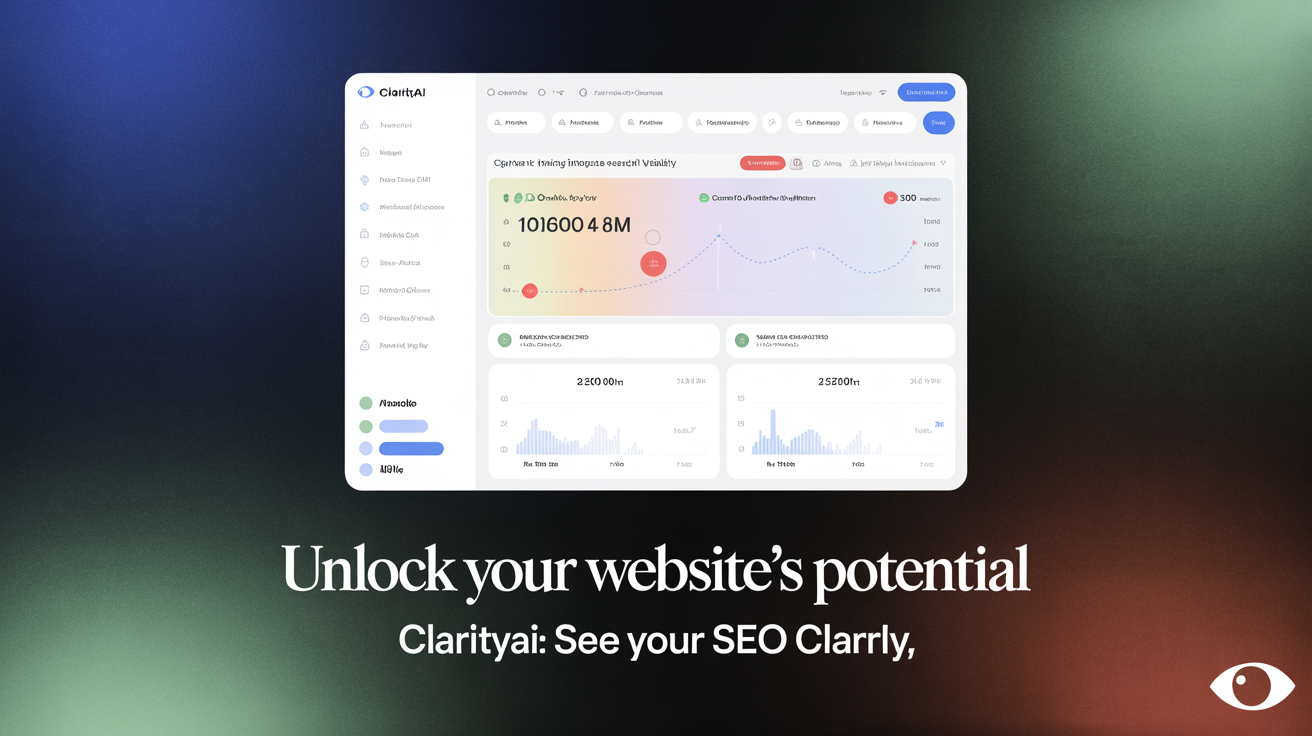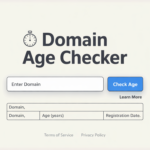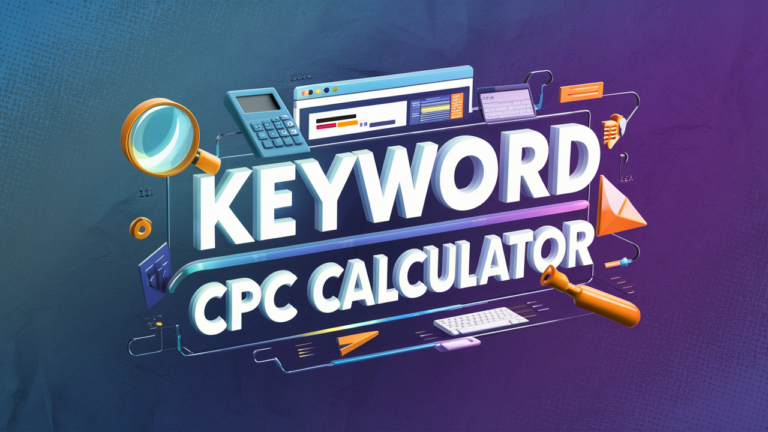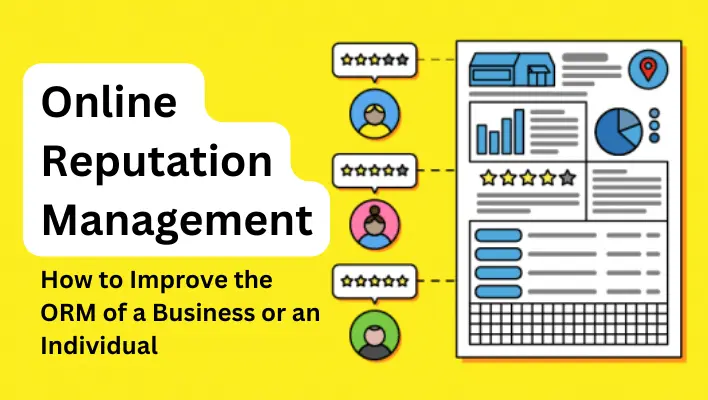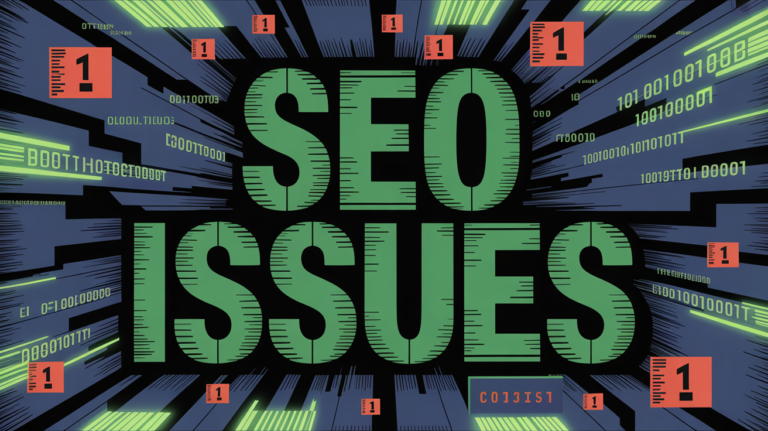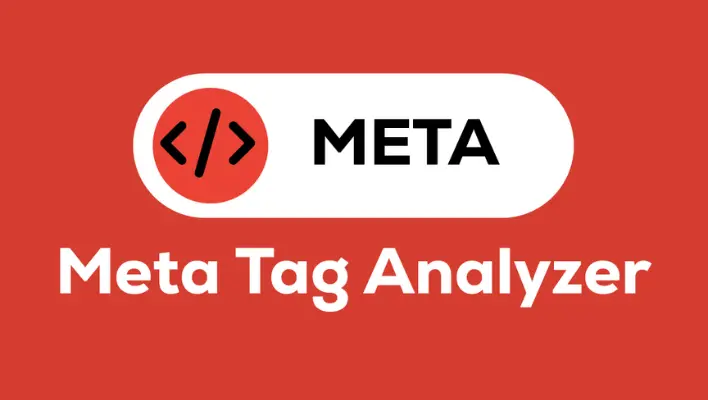Why Are SEO Tools Necessary for Online Success?
In the ever-evolving digital landscape, standing out on the internet is not just about having a great product or a well-designed website—it’s about being found. Search Engine Optimization (SEO) is the strategic process that ensures your website appears prominently in search engine results, helping potential customers discover your brand. But SEO is a complex field that involves technical performance, keyword analysis, content optimization, and backlink management. This is where SEO tools come into play.
So, why are SEO tools necessary? The short answer is: to compete effectively, improve efficiency, and make informed decisions that drive traffic and conversions. Let’s dive deeper into why every digital marketer, business owner, and web developer should be using SEO tools—and how platforms like Mini SEO Tools make this easier than ever.
Contents
1. Understanding Your Website’s Health
Before optimizing, you need to assess. SEO tools help analyze the technical aspects of a website, identifying issues that could negatively affect your rankings.
Blacklist Lookup: Protect Your Reputation
One of the most essential diagnostics for any domain is to ensure it hasn’t been blacklisted. Being blacklisted can tank your SEO performance, rendering your content virtually invisible on search engines. With the Blacklist Lookup tool, you can instantly check whether your domain is on any email or web blacklists, helping you take corrective action before your SEO rankings plummet.
Suspicious Domain Checker: Avoid Risky Backlinks
Google penalizes websites that associate with suspicious or spammy domains. If you’re building backlinks or accepting guest posts, it’s vital to ensure you’re not linking to dubious sources. The Suspicious Domain Checker lets you vet domains quickly and efficiently, keeping your backlink profile clean and trustworthy.
2. Keyword Research and Competitive Analysis
SEO success begins with keywords—what your customers are searching for. SEO tools simplify this complex process by identifying high-volume, low-competition keywords that are relevant to your niche. Many all-in-one platforms, like Mini SEO Tools, offer keyword suggestion features and trend tracking to keep your content aligned with search demand.
Good keyword tools also allow for competitor analysis—what phrases are your rivals ranking for, and how can you create better content to outrank them? Understanding this landscape gives you a strategic advantage in both organic and paid search.
3. Backlink Strategy and Evaluation
Links remain one of the most powerful ranking factors in Google’s algorithm. But not all backlinks are created equal. A backlink from a high-authority, niche-relevant site can significantly boost your SEO, while a low-quality or spammy backlink can do the opposite.
Link Price Calculator: Know Your Link’s Worth
Whether you’re buying, selling, or trading backlinks, it’s crucial to know their value. The Link Price Calculator estimates how much a backlink from a given domain is worth. This insight helps you prioritize backlink-building efforts based on return on investment (ROI), and avoid overpaying for ineffective links.
By quantifying the SEO value of a link, this tool empowers businesses to build smarter, more cost-effective link-building strategies.
4. Content Optimization
SEO is not just about keywords—it’s about relevance, readability, and value. SEO tools help identify content gaps, ensure keyword density is appropriate, and check for duplicate content or plagiarism, which can harm rankings.
On Mini SEO Tools, you’ll find utilities like a Plagiarism Checker, Grammar Checker, and Article Rewriter. These tools support content creators in publishing high-quality, original, and engaging content—qualities search engines reward.
5. Tracking and Reporting
SEO is not a one-time task. It’s a long-term investment that requires consistent monitoring and adjustment. SEO tools provide the analytics and reporting needed to measure performance over time.
Metrics like domain authority, organic traffic, bounce rate, and keyword rankings give a clear picture of what’s working and what needs improvement. With SEO tools, you can create dashboards and reports that inform strategy and demonstrate value to stakeholders.
6. Saves Time and Increases Efficiency
Imagine manually checking every backlink, calculating keyword density for every page, or verifying if your site is mobile-friendly. SEO tools automate these tasks, saving hours of labor and reducing human error.
For small businesses or solo entrepreneurs, platforms like Mini SEO Tools offer a powerful suite of free tools that cover a wide range of needs, from technical audits to content improvement. This accessibility ensures that even those without a large marketing budget can still compete online.
7. Keeping Up with Algorithm Changes
Google updates its search algorithm hundreds of times per year. While most updates are minor, some can significantly affect rankings. SEO tools help detect drops or gains in performance, making it easier to correlate these changes with algorithm updates.
Tools that track site health, backlinks, and keyword rankings in real time allow you to react swiftly, whether that means fixing technical issues or adjusting your content strategy.
8. Helps Avoid Penalties
Google penalties can devastate your online visibility. These penalties can arise from over-optimization, duplicate content, shady backlinks, or slow site speed. SEO tools act as your first line of defense, alerting you to violations and offering suggestions for compliance.
By using tools like the Suspicious Domain Checker or the Blacklist Lookup, you proactively guard your site against associations that might trigger search engine penalties.
9. Affordable and Accessible for Everyone
Gone are the days when robust SEO analysis required expensive software. Platforms like Mini SEO Tools democratize access to these capabilities. Whether you’re a blogger, freelancer, small business, or enterprise, you can access dozens of powerful utilities without paying a dime.
From page speed checks to meta tag analyzers and backlink tools, Mini SEO Tools provides an all-in-one platform that supports SEO efforts across all levels of expertise.
Conclusion: SEO Tools Are No Longer Optional
To sum it up, SEO tools are necessary because:
- They help diagnose and prevent technical issues.
- They guide your content and keyword strategies.
- They manage and optimize backlink profiles.
- They automate repetitive tasks and save time.
- They provide actionable insights through tracking and analytics.
- They ensure compliance with ever-changing search engine standards.
Platforms like Mini SEO Tools make all of this accessible without requiring a deep technical background or a large budget. Whether you’re launching a new site or looking to improve an established one, using the right SEO tools can make the difference between obscurity and visibility online.
Don’t leave your online presence to chance—equip yourself with the tools that give you control.

